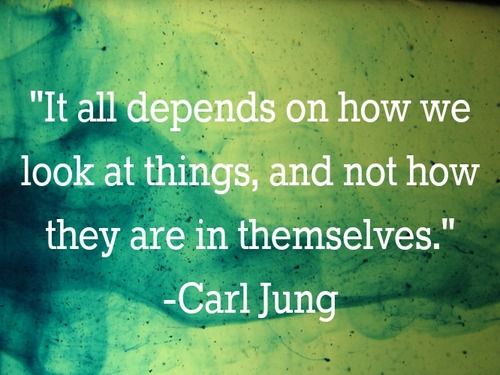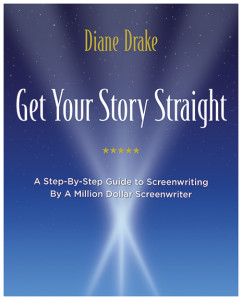
One of the key moments in any screenplay is that end of Act II “All is Lost” moment. This is the point at which your heroine is the furthest from her goal and at her lowest point. It’s important that you really take her down here, down to where all hope seems abandoned. You want to do this not only because the greater you make this threat to her and her goal generally the greater the audience investment will be, and you want people wondering how in hell she’s going to get out of this predicament, but also because now her character is going to be somehow forced to “arc,” to show how much she’s learned over the course of the story. It is this internal transformation that’s key to her rising to the occasion of Act III and its final battle.

A slight digression… I recently happened across a book called “Let Your Mind Run; A Memoir of Thinking My Way to Victory” by Olympic champion long-distance runner Deena Kastor. In it, she describes some of the tools and techniques she credits for her success. While she was certainly blessed with significant amount of innate talent, early on in her running career she realized that relying on that talent alone to carry her to success in the big leagues was not going to be enough. That in addition to talent, steady discipline and rigorous training, the real key to victory was “a shift in perspective.” Something as seemingly simple as mentally shifting from “I’m feeling fatigued,” to “I’m gaining strength where I need it” proved immensely, measurably effective. She says, “Competitors can know your times and places. They can learn and guess at your race tactics. But your inner strength is where you gain a real advantage.”
And– to segue back to writing screenplays– this is where your hero’s ability to rise from that critical lowest point at the end of Act II truly lies: in their inner strength and their ability to shift perspective. And that makes sense, right? Because in the end, we can’t, either as humans or characters, or especially as screenwriters, rely on that Deus Ex Machina to save us. We have to save ourselves.
Author Dara Marks in her excellent book,”Inside Story – The Power of the Transformational Arc” says that, “Even though it is in the climax that the protagonist takes physical action toward resolving the conflict and achieving the goal of the plot, it is the internal moment of decision that marks the true transformation of character.” She calls this critical moment where the hero or heroine decides their own fate the “transformational moment,” and considers it the pivotal event of the entire story. Again, It is this critical INTERNAL shift in attitude or perspective which then in turn enables the hero to somehow change their EXTERNAL circumstances.
A few examples:

In TOY STORY, after Woody has all but completely given up on his and Buzz’s ability to escape from evil neighbor kid Sid, Buzz has an internal shift in perspective — an epiphany– and we can literally see the light in his eyes the moment it happens. He goes from being devastated that he’s not actually a Space Ranger, to the realization that being Andy’s toy is actually a pretty great thing after all. It is this shift in perspective that then helps to fuel his and Woody’s rise from the ashes and allows them to join together as a team (character arc for both of them), defeat Sid and then ultimately make their way back to Andy.

In LITTLE MISS SUNSHINE, the family go from being devastated to realize that Olive stands no chance whatsoever of winning the crown in this kids’ beauty pageant and wanting her to drop out, to recognizing that the whole thing is ridiculous anyway, and instead coming together to celebrate her and her participation. So, the internal shift, which begins with her father Richard, the one who all along had been so focused on “winning,” recognizing this, leads to the external shift of them joyously up on stage celebrating and supporting one another, “victory” be damned, (character arc for the family as a whole).
In THE KING’S SPEECH, despite diligent effort, after failing yet again to be able to speak in public, Bertie, the Duke of York and heir to the throne, is desperate. He argues with his speech therapist Lionel Logue who dismisses him, goads him about why he ought to listen to him at all, until finally Bertie yells that he has a right to be heard, that as a man, he has a VOICE. And it is this realization, again this internal/psychological shift, which in the end ultimately allows Bertie to step up to the microphone and speak with confidence and clarity to the country.
As you begin your third act, see if you can allow your hero or heroine a true shift in their perspective. Even if it’s not a full-blown epiphany, can they adopt some sort of new way of looking at things and their life situation that then allows them their “transformational moment?” Do they have that moment of internal change which then helps enable them to create change in their external circumstances and thereby truly decide their own fate? And perhaps even more importantly, when faced with a struggle in your own life, is it possible that an internal shift in perspective might help you to change something in your external circumstances; might open the door to a new solution or to greater success?

